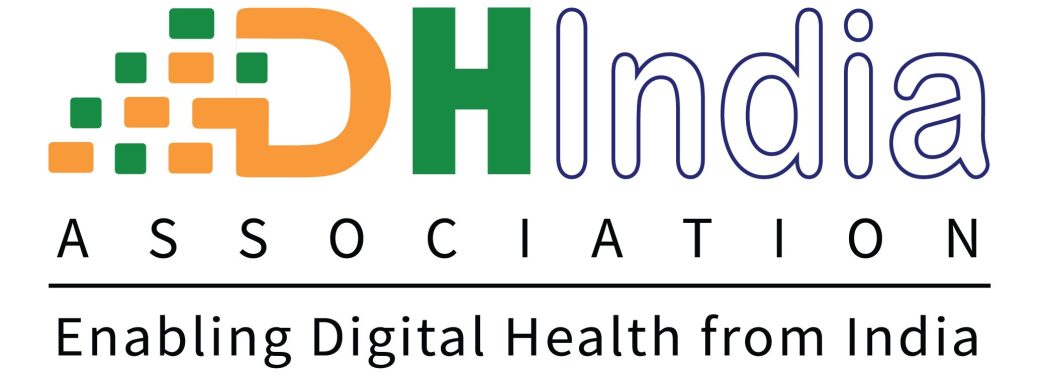
Since decades there were huge efforts by various govt. agencies , academia, and industry on not only implement telemedicine but scale it. Though some implementation happened, scaling was rare. Covid have made life very tough for many who seek care, some times made it nearly impossible to visit hospital and get help from the doctor. Those in any acute pain or mild problems suffered, those suffering chronic problems also suffered and got no follow ups, patients needing dialysis or patients who need Hydroxychloroquine suffered due to inaccessibility or shortage, the pregnant moms suffered by missing their important regular checkups, small kids missed their vaccinations and even those who got access to hospitals suffered by not having access to better and some suffered due to stress this pandemic have created in daily life.
Telemedicine which includes tele-consultation, tele-Icu, etc can not solve all the patient problems but surely it easily and efficiently solves many of them and reduce patient’s suffering during this pandemic and empower everyone for better with the new normal. It have capability to help bring relief to a patient having mild acute problem somewhere, to bring access to care in patient in remote rural place, to bring support for follow ups when hospital visit is not necessary, to empower for second opinion from another doctor somewhere, to empower ICUs by support from remote center, and a lot more. Having a Registry where Tele-medicine products are listed after evaluation from an expert panel will help the patients, doctors, hospitals, tele-medicine companies and all stakeholders in the tele-medicine ecosystem by having access to information about various products, their capabilities, their strength and weaknesses. These key information will help decision makers to find products best suited to them and accelerate the adoption which will directly accelerates the empowerment of our healthcare system in country by making impact in solving many patient problems like those listed above and reduce their suffering. It will also help the ecosystem with a direction that helps to innovate and improve for delivering better.
I am not emphasizing in the context of Covid pandemic much because I have first hand experience in being helpful to patients and also engage with doctors offering telemedicine to patients globally (and tele-education which is equally important for our country) for 3 years even before the pandemic began and so i believe in its tremendous capability not just for war against Covid but even beyond the pandemic.
I am currently involved in Tele Med Registry https://telemedregistry.in/ as student member of DHIndia.
I would also like to share a playlist I have made by compiling a few useful videos in youtube, which helps to understand good webside manners and physical examination on the webside which are very important in the care process. If you are interested then can check on this link – http://classworkdecjan.blogspot.com/2020/08/telemedicine-good-webside-manners-and.html
Avinash Kumar is MBBS student, he self-taught IT and now learning Health Informatics while exploring the implementation process in User-Driven Healthcare Network (UDHC). He is an Ashoka changemakers Scholar, won 3 national hackathons, have delivered Android, Hybrid, Web, and VR projects.
He got Basic training in AI, IoT, Genomics, Proteomics, Drug Design, User Innovation, Bio-inspired Robotics, Bionics, Brain-Computer Interface, and Startups from various IITs offline and various online courses. He won Google India Challenge Scholarship for Mobile Web Specialist Track and have basic to intermediate level expertise at Java, C++, Python, R, and javascript.
Avinash is actively involved in patient-centred research and focuses on solving clinical and non-clinical patient problems using technologies available or innovate solutions feasible for patient needs. He also explores Improving Medical Education, Partnering with Public and Patients in Medical Research, Transhumanism, and Biohacking.
